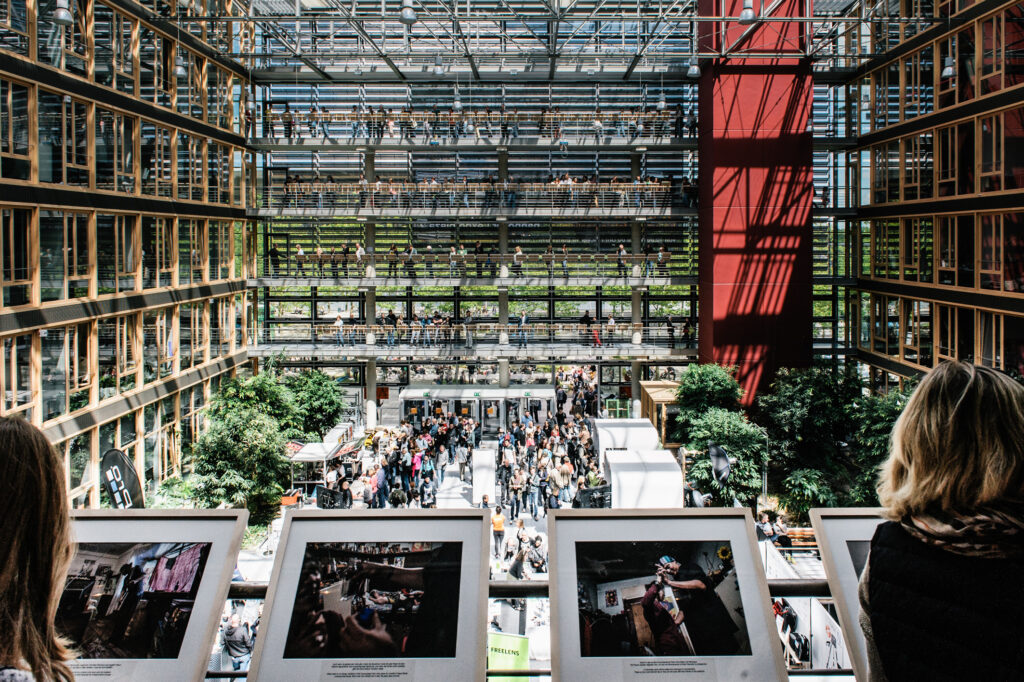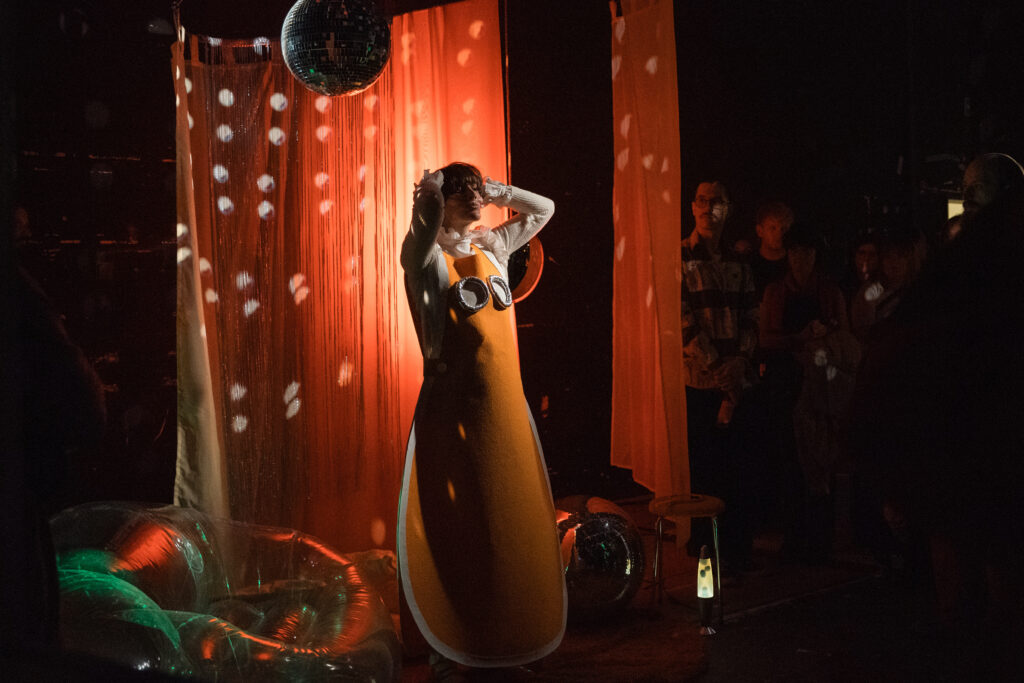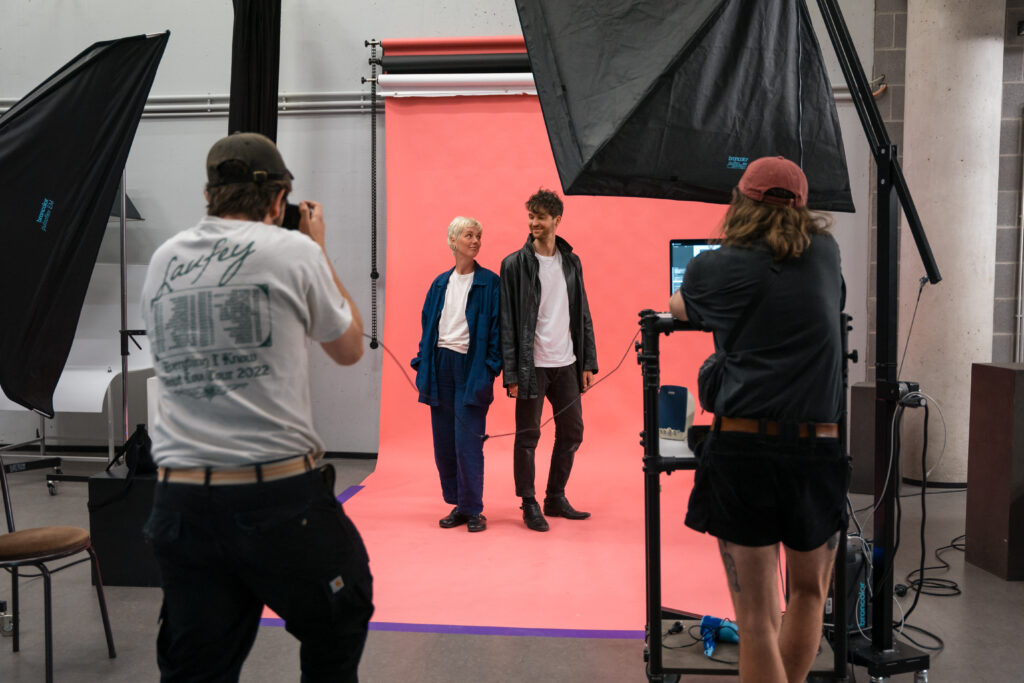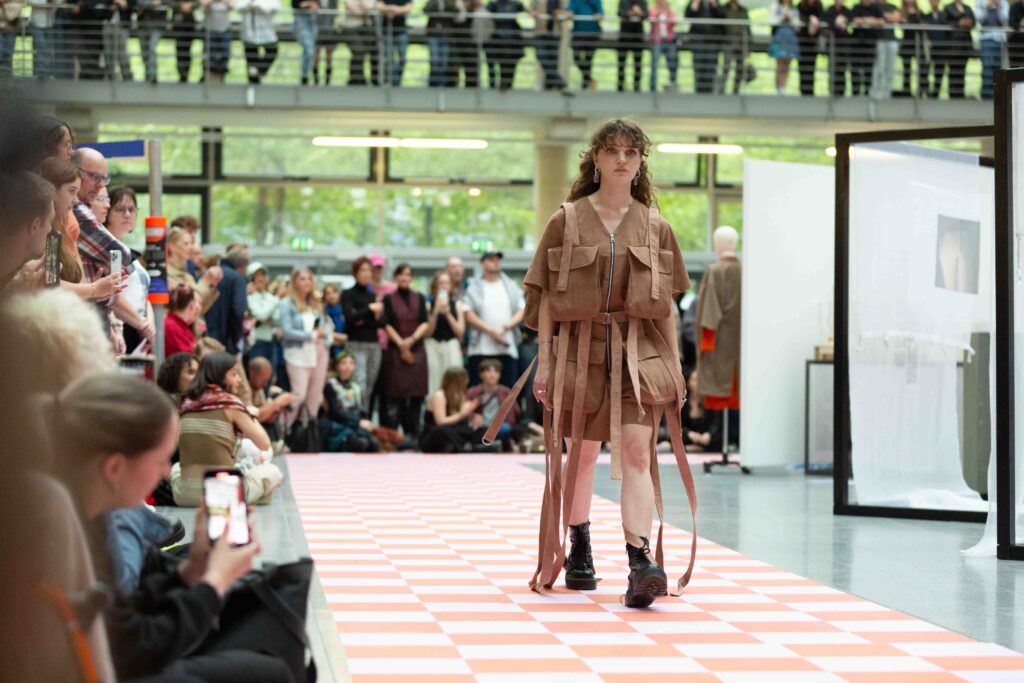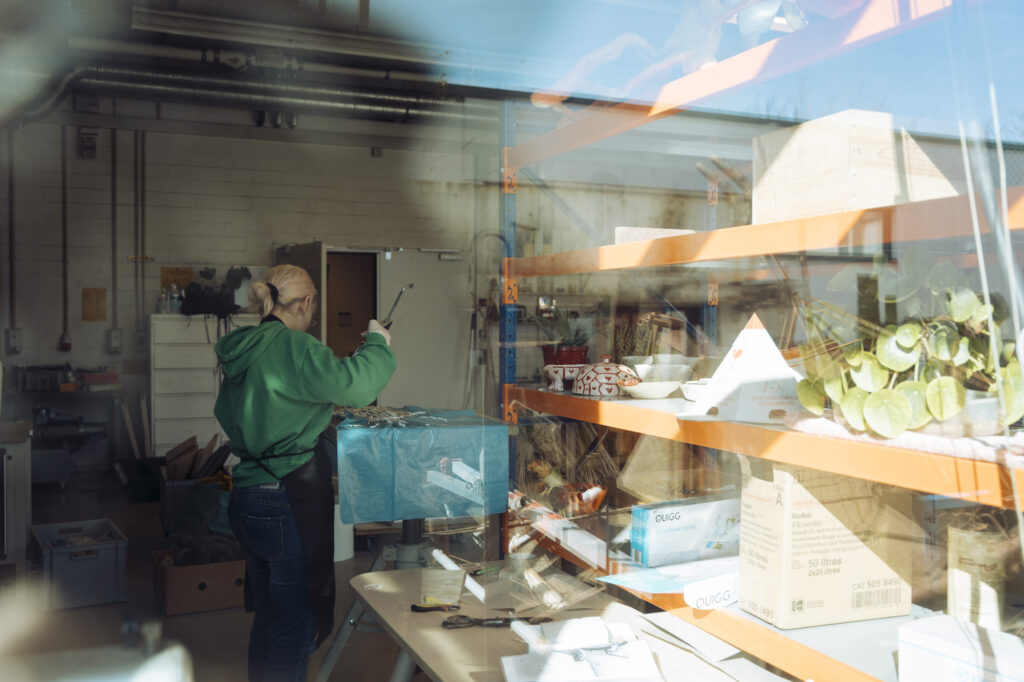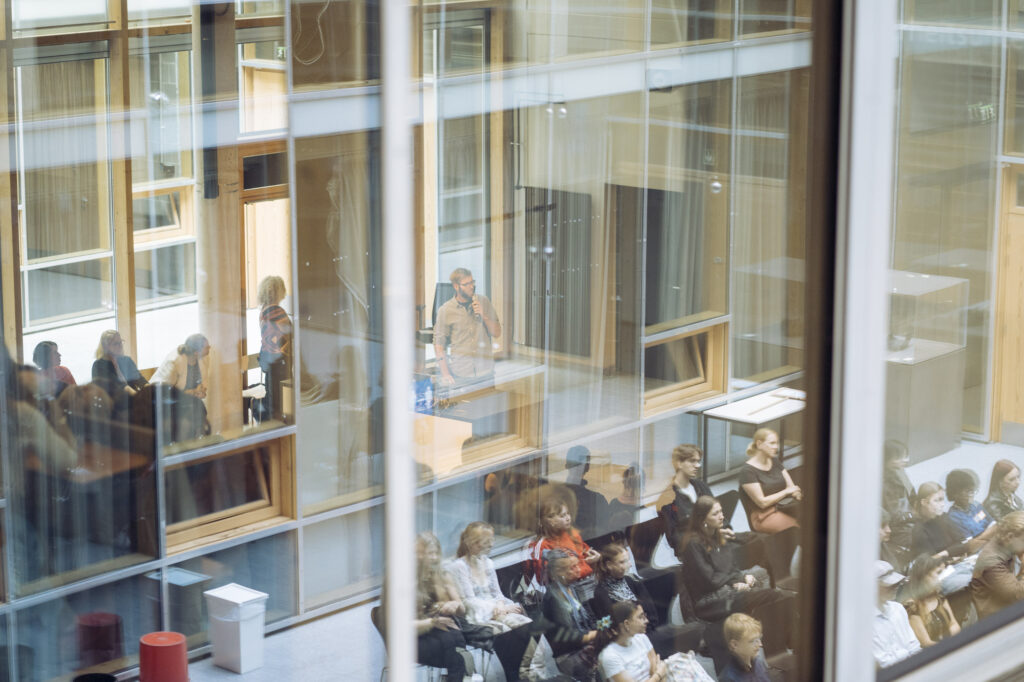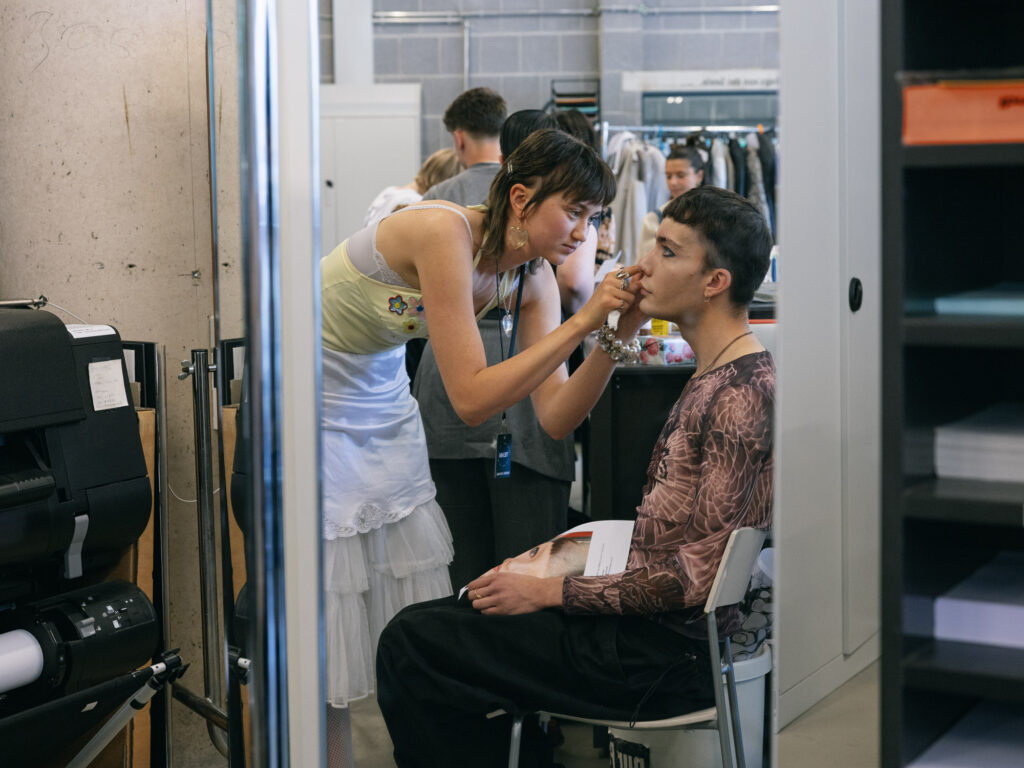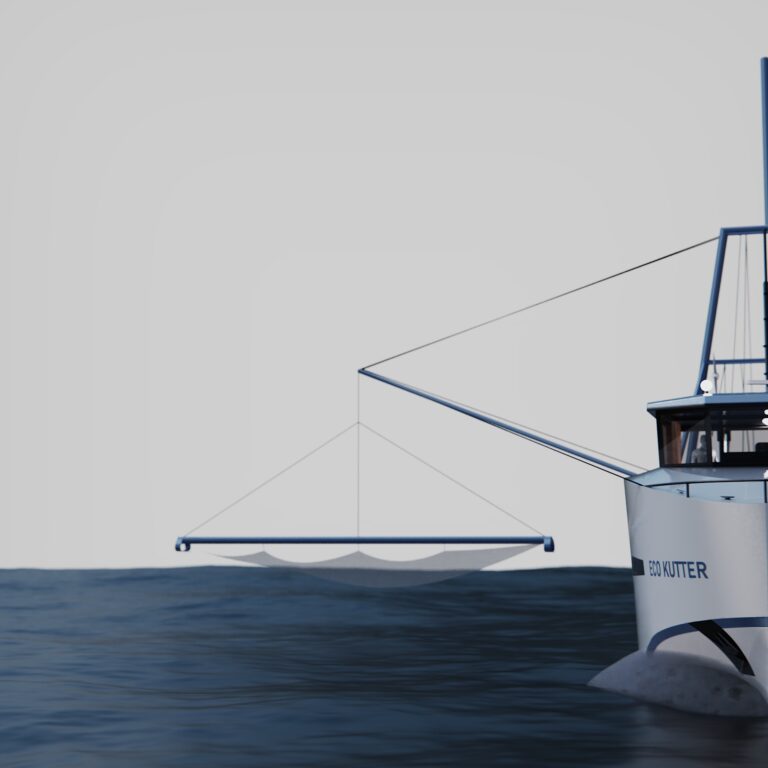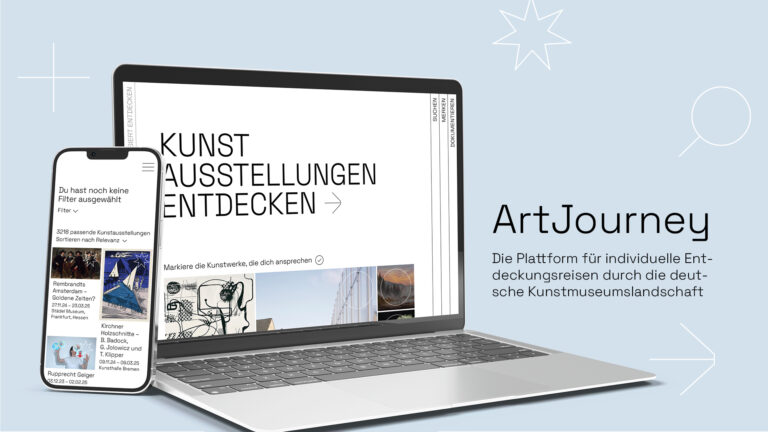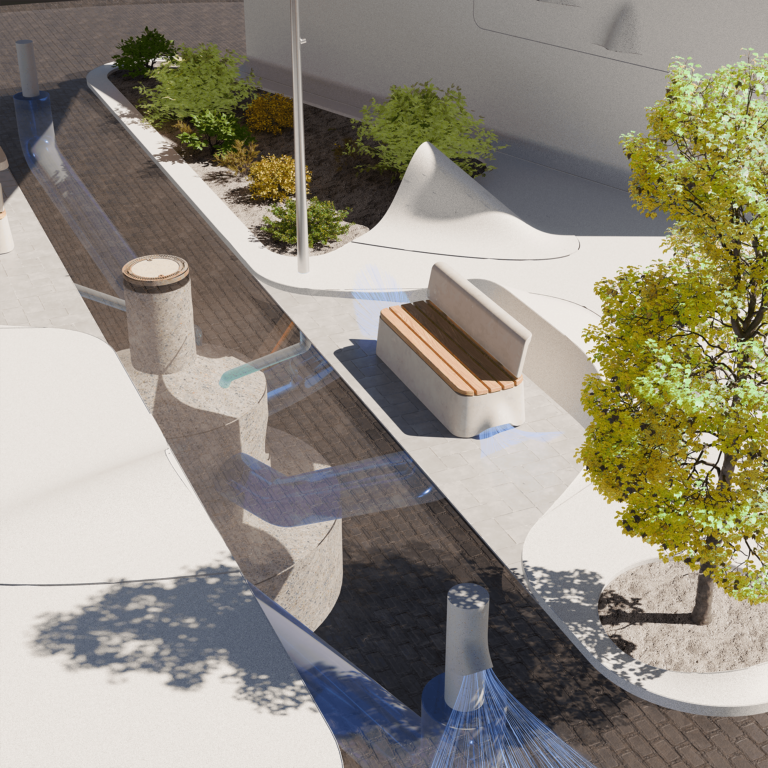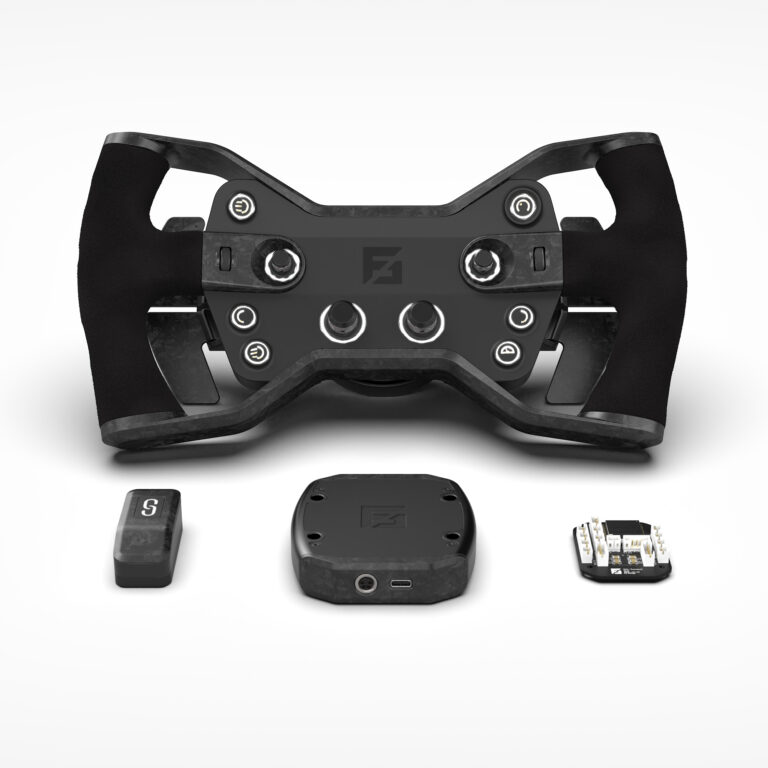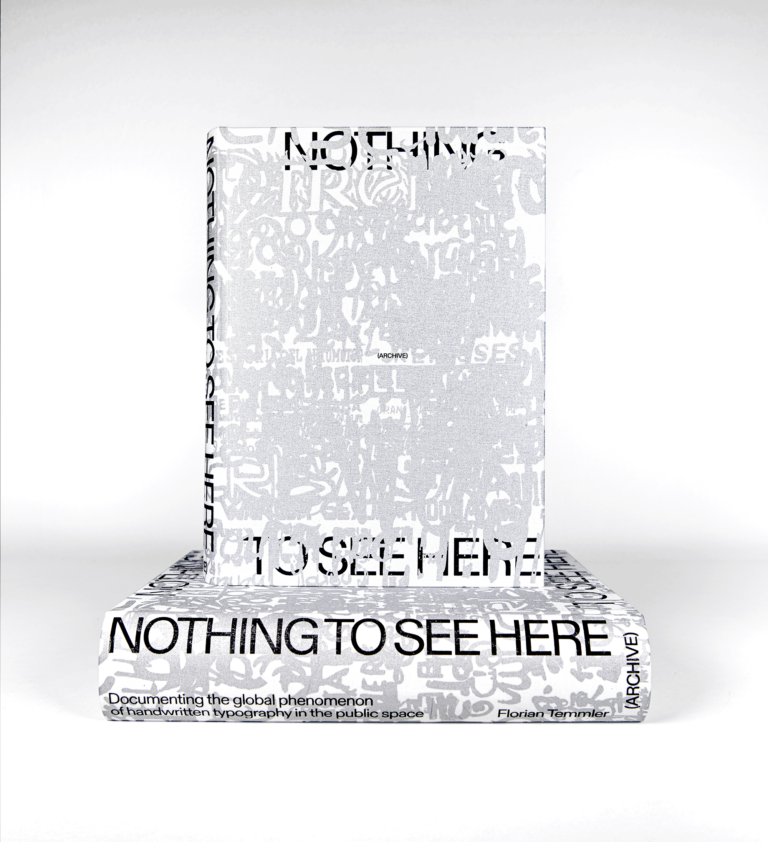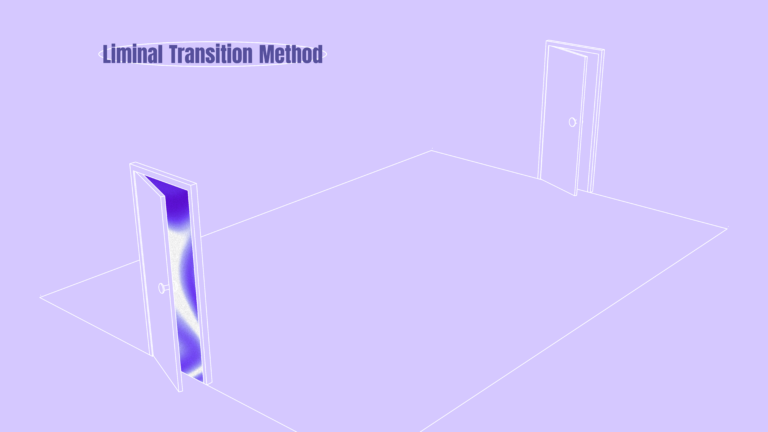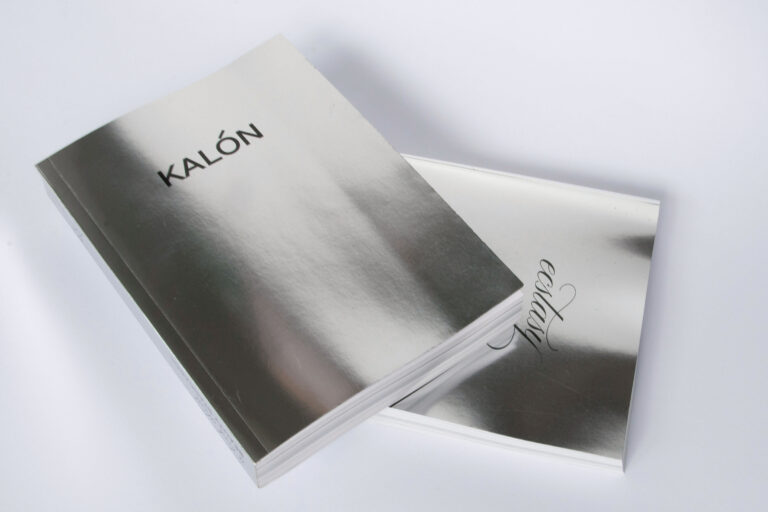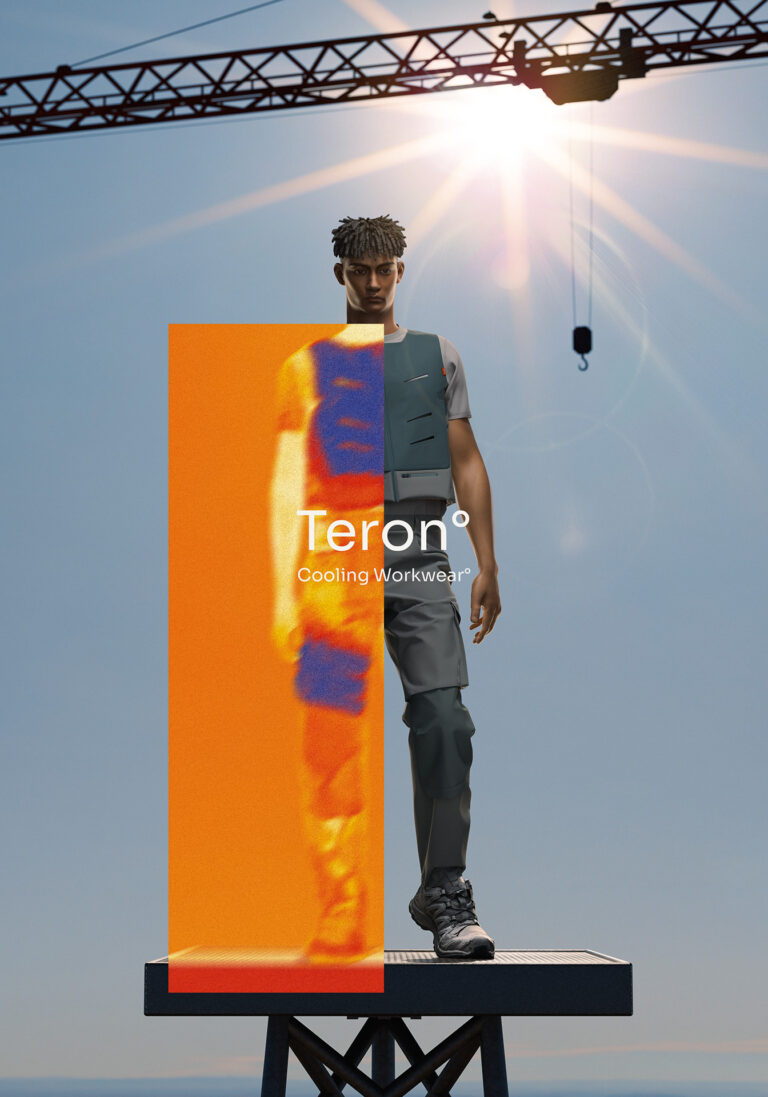University of Applied Sciences and Arts, Hanover
University of Applied Sciences and Arts, Hanover (HsH) is distinguished by its broad and diverse range of academic disciplines. In addition to engineering, economics, and social sciences, the university offers a variety of media and creative degree programmes, known for their high-quality education and strong international reputation. A defining feature of studying at HsH is its strong practical orientation, supported by an extensive network of industry partners. This close link between academia, research, and teaching ensures that learning is hands-on and relevant, providing students with excellent entry points into a wide range of careers. Students with entrepreneurial ambitions receive individual support and guidance in developing and implementing their business ideas. Research is practice-based and geared towards real-world innovation. With over 100 partner universities worldwide, HsH fosters intensive international cooperation and facilitates global exchange for students, academic staff, and employees alike.
Faculty III – Media, Information and Design
At Faculty III – Media, Information and Design, over 2,600 students are enrolled across 14 Bachelor’s and four Master’s degree programmes. We offer education in a wide range of fields, including photojournalism, interior architecture, information management (with an optional focus on medical information), integrated media and communication, journalism, media design, fashion design, product design, public relations, scenography – costume – experimental design, event management, and visual communication. Students have the opportunity to deepen their skills and apply their knowledge in a variety of specialist workshops – including those for materials, modelling, sewing, photography, and printing – as well as in computer labs, the film studio, and the media lab for audio and video content. We work in close cooperation with industry partners and maintain strong international relationships with universities worldwide. Through our use-less centre for sustainable design strategies, we research innovative materials, the use of local resources, and approaches to slow fashion.
Study programmes
Visual Journalism and Documentary Photography
The eight-semester Bachelor’s programme Visual Journalism and Documentary Photography teaches multidisciplinary visual skills based on the media of photography and video. It focuses on journalistic and documentary narratives. Practical modules, such as documentary and portrait photography, are complemented by theoretical seminars in subjects such as image culture and theory, politics of representation and media ethics. Internships and real-world assignments are an integral part of the course.
Interior Architecture
Over eight semesters, students of Interior Architecture explore the dynamic relationship between spaces and people. Atmospheres that appeal to all human senses and needs are created through proportion, colour, light, material, scent, and sound. The course focuses on the planning of spatial and interior concepts, as well as the design of furniture, exhibitions, events, and trade fair stands.
Media Design
The eight-semester Media Design degree provides students with conceptual methodologies for planning and executing media projects, alongside advanced technical expertise in areas such as film, animation/VFX, games, production planning, and visual effects & compositing. State-of-the-art resources include an HDTV-compatible television studio, Blackmagic film cameras, Vicon motion capture systems, rapid prototyping tools, 3D laser scanners, interaction and 3D laboratories, and software such as Maya, 3ds Max, NUKE, AVID, and Adobe Creative Suite.
Fashion: concept. design. communication.
The eight-semester Fashion Design course offers a rigorous and practice-oriented education in diverse fashion design methodologies, with a strong emphasis on quality. The curriculum encompasses a broad and professional spectrum of theory and practice, including womenswear, menswear and childrenswear design, fashion illustration, marketing, sociology, design history, and trend research – from initial concepts and sketches through to runway presentation.
Product Design
Product designers optimize, develop and invent things that are manufactured industrially and in series. As designers, we see ourselves as consumer advocates with a certain responsibility in terms of both ecological and social relationships. Economic aspects come second: our environment and community have priority. Ours is one of Germany’s first study programs for industrial design, established in 1952 and following the traditions of its predecessor, an old Werkkunstschule. The term product design expresses the true focus of design activity: to develop products and services that not only please people, but serve them as well. We concentrate on human-centred design – regardless of whether the idea for a product or service ever becomes reality: manufactured in series, mass-customized or even created with a 3D printer.
Scenography – Costume – Experimental Design
Scenography – Costume – Experimental Design is a practice-based arts course that combines fundamental training with opportunities for specialisation. It prepares students for careers as scenographers in theatre, where stage sets and narrative spaces are conceived; as costume designers across all forms of literary, musical, and dance theatre as well as film and television; or as independent designers working in a range of applied artistic fields.
Visual Communication
The eight-semester Bachelor’s programme in Visual Communication prepares students for careers in the cultural and media industries. Core areas of study include graphic design, interactive media, motion design, and illustrative communication. The course emphasises concept development and project design in areas such as visual language and imagery, text and typography, motion and interaction. Students engage with a wide range of media formats – including books, magazines, videos/clips, websites, apps, and installations – which they analyse, reimagine, and design.
Master Design and Media
The Master’s programme in Design and Media builds upon an undergraduate degree in design. Within two semesters, students develop into independent creative professionals. Beyond advancing their craft, the programme enables students to reflect critically on design and development processes, to understand their responsibilities as designers, and to analyse the societal relevance of design practice.

